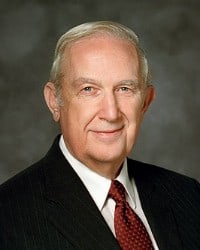
| The Atonement Can Secure Your Peace and Happiness, Ensign, 11/2006
LDS Quotes on Patience

| The Atonement Can Secure Your Peace and Happiness, Ensign, 11/2006

“If patience is worth anything, it must endure to the end of time. And a living faith will last in the midst of the blackest storm.”
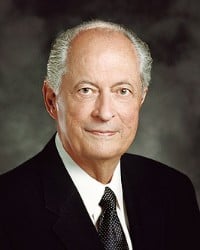
“Too often we pray to have patience, but we want it right now!”
| Waiting upon the Lord: Thy Will Be Done, October 2011 General Conference
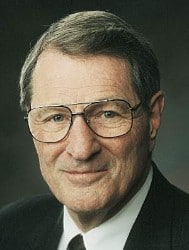
“There is also a dimension of patience which links it to a special reverence for life. Patience is a willingness, in a sense, to watch the unfolding purposes of God with a sense of wonder and awe, rather than pacing up and down within the cell of our circumstance. Put another way, too much anxious opening of the oven door and the cake falls instead of rising. So it is with us. If we are always selfishly taking our temperature to see if we are happy, we will not be…When we are impatient, we are neither reverential nor reflective because we are too self-centered. Whereas faith and patience are companions, so are selfishness and impatience. It is so easy to be confrontive without being informative; so easy to be indignant without being intelligent; so easy to be impulsive without being insightful. It is so easy to command others when we are not in control of ourselves.”
| Patience, BYUDA 11/79
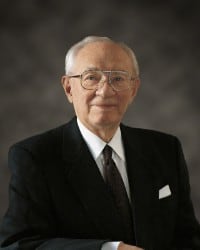
“None of us will become perfect in a day or a month or a year. We will not accomplish it in a lifetime, but we can begin now, starting with our more obvious weaknesses and gradually converting them into strengths.”
| Standing for Something
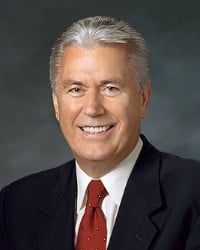
“Patience means staying with something until the end. It means delaying immediate gratification for future blessings. It means reining in anger and holding back the unkind word. It means resisting evil, even when it appears to be making others rich. Patience means accepting that which cannot be changed and facing it with courage, grace, and faith. It means being “willing to submit to all things which the Lord seeth fit to inflict upon [us], even as a child doth submit to his father.” Ultimately, patience means being “firm and steadfast, and immovable in keeping the commandments of the Lord”every hour of every day, even when it is hard to do so. In the words of John the Revelator, “Here is the patience of the saints: here are they that keep the commandments of God, and . . . faith [in] Jesus.” Patience is a process of perfection. The Savior Himself said that in your patience you possess your souls. Or, to use another translation of the Greek text, in your patience you win mastery of your souls. Patience means to abide in faith, knowing that sometimes it is in the waiting rather than in the receiving that we grow the most. This was true in the time of the Savior. It is true in our time as well, for we are commanded in these latter days to “continue in patience until ye are perfected.”
| Continue in Patience, April 2010 General Conference

“Life is full of difficulties. Some are minor and others are major. There seems to be an unending supply of challenges for one and all. Our problem is that we often expect instantaneous solutions to such challenges, forgetting that frequently the heavenly virtue of patience is required.”

“Who can count the vast throngs of the lonely, the aged, the helpless- those who feel abandoned by the caravan of life as it moves relentlessly onward and then disappears beyond the sight of those who ponder, who wonder, and who sometimes question as they are left alone with their thoughts. Patience can be a helpful companion during such stressful times.”
| Patience- A Heavenly Virtue, October 1995 General Conference
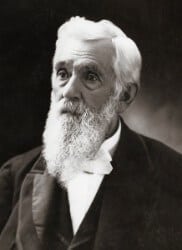
“Do not expect to become perfect at once. If you do, you will be disappointed. Be better today than you were yesterday, and be better tomorrow than you are today. The temptations that perhaps partially overcome us today, let them not overcome us so far tomorrow. Thus continue to be a little better day by day; and do not let your life wear away without accomplishing good to others as well as to ourselves.”
| Teachings of Presidents of the Church: Lorenzo Snow, p. 103
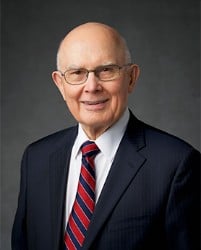
The first principle of the gospel is faith in the Lord Jesus Christ. Faith means trust – trust in God’s will, trust in His way of doing things, and trust in His timetable. We should not try to impose our timetable on His. . . . Indeed, we cannot have true faith in the Lord without also having complete trust in His will and in His timing. . . .
The Lord’s timing also applies to the important events of our personal lives. A great scripture in the Doctrine and Covenants declares that a particular spiritual experience will come to us “in his own time, and in his own way, and according to his own will” (D&C 88:68). This principle applies to revelation (see Oaks, “Teaching and Learning by the Spirit,” Ensign, March 1997, 11) and to all of the most important events in our lives: birth, marriage, death, and even our moves from place to place. . . .
It is not enough that we are under call, or even that we are going in the right direction. The timing must be right, and if the time is not right, our actions should be adjusted to the Lord’s timetable as revealed by His servants. . . .
| “Timing,” Ensign, October 2003